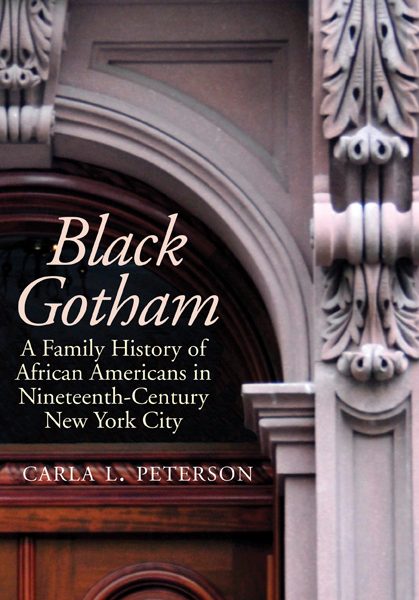Been Working on the Railroad
While we typically associate slavery in America with the plantation economies of cotton, sugar, and tobacco, by the middle of the 19th century, Southern railroad companies were actually some of the region’s largest slaveholders. Indeed, men like Samuel Ballton, a slave born in Virginia in 1838, spent years of their lives constructing the tracks that made the South into an increasingly powerful industrial presence on the national stage.
 In a piece for the New York Times’ “Disunion” blog, historian William G. Thomas describes the effects of the railroad on Ballton and others like him in the period surrounding the Civil War. Work on the railroads was grueling, but the chaos which set in with the beginnings of the war also allowed many of the already mobile railroad workers to escape and join the Union troops—Ballton served as an army cook, and may have eventually led his fellow soldiers back to destroy the very tracks he had helped construct in Virginia.
In a piece for the New York Times’ “Disunion” blog, historian William G. Thomas describes the effects of the railroad on Ballton and others like him in the period surrounding the Civil War. Work on the railroads was grueling, but the chaos which set in with the beginnings of the war also allowed many of the already mobile railroad workers to escape and join the Union troops—Ballton served as an army cook, and may have eventually led his fellow soldiers back to destroy the very tracks he had helped construct in Virginia.
Thomas is the author of The Iron Way: Railroads, the Civil War, and the Making of Modern America, a social history of the railroads that reexamines many of our assumptions about the role of this new form of transportation in the conflict between the Union and Confederate Armies. The book expands on many of the ideas found in the “Disunion” piece, drawing on extensive primary source research to tell a fascinatingly nuanced story of the railroad tracks and their role in shaping modern America.




Samuel Ballton is my forefather. I am thankful and humbled by his fortitude. My two sons graduted from Yale University, James McClammy and Michael McClammy. I hope he is proud.
I am also related to samuel ballton. He is my Great Great Great grandfather